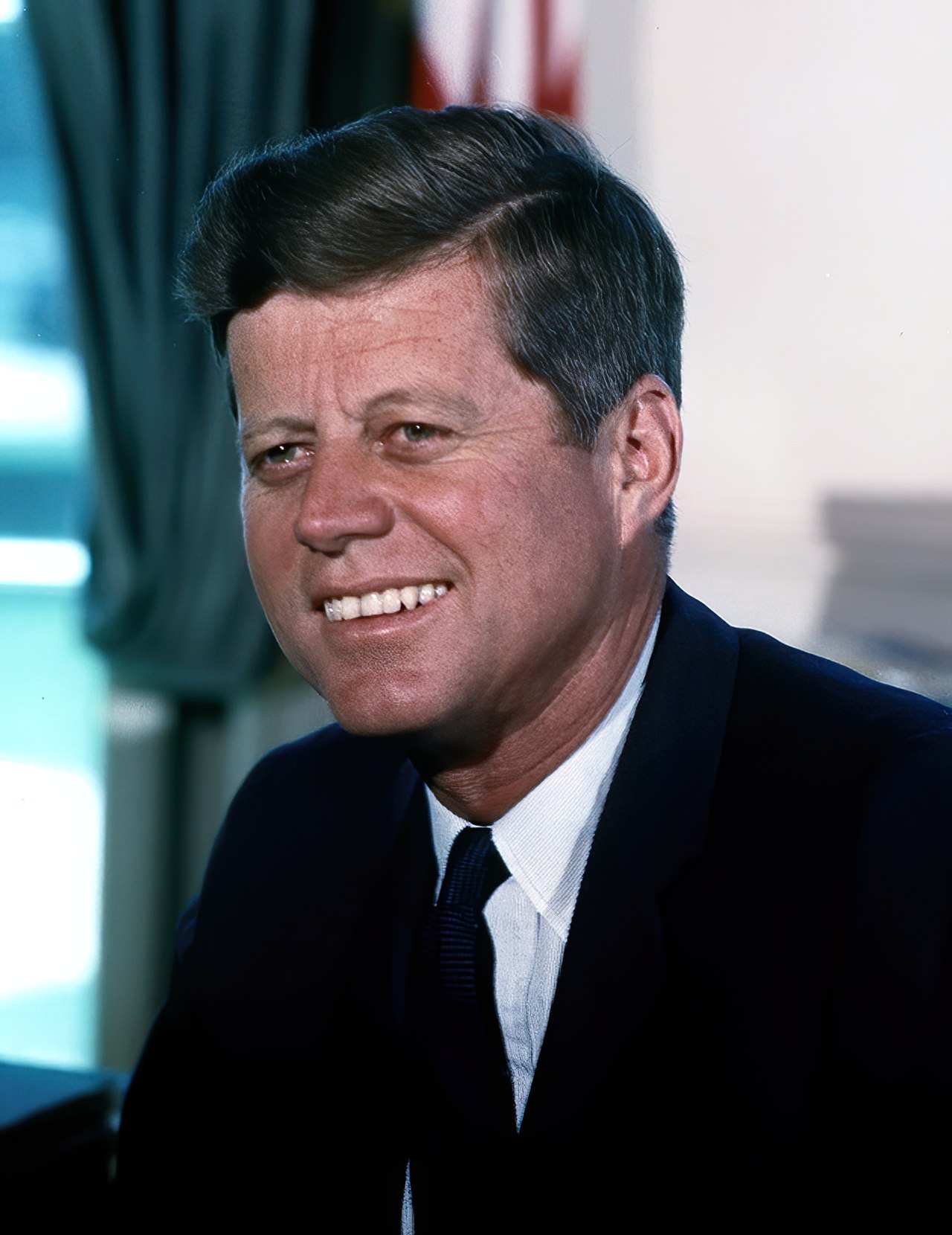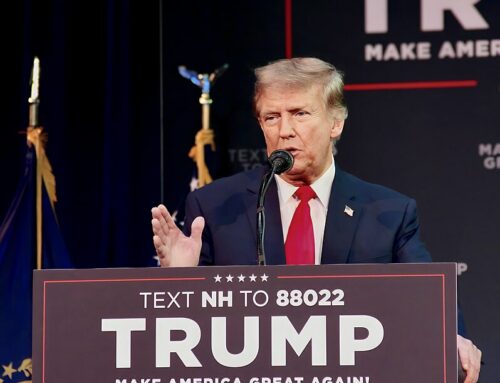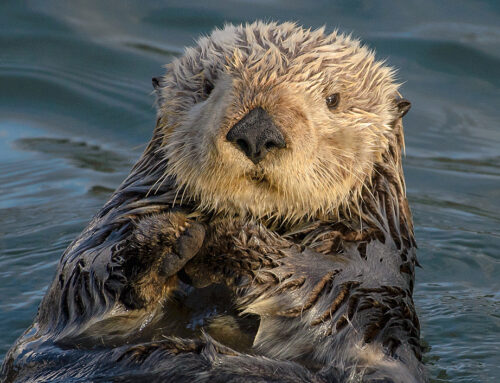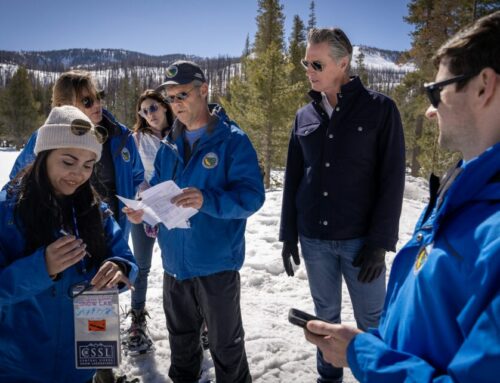by Greg Walcher, E&E Legal Senior Policy Fellow
As appearing in the Daily Sentinel
History students learn one of the most famous lines from inaugural addresses, that spoken by President Kennedy in 1961, which begins, “And so my fellow Americans, ask not what your country can do for you…” They rarely learn the next line, which was “My fellow citizens of the world, ask not what America will do for you, but what together we can do…”
Ancient Greek philosopher Diogenes originated the ever-controversial concept of global citizenship, as opposed to citizenship in a particular country. Dictionaries define it as “the idea that one’s identity transcends geography or political borders.” A formal organization called “Citizens of World” opines that “We, as human beings, are members of one extended family. We are sons and daughters of one common creator: Mother Nature, sharing a common living place: the Earth, and have a common religion: Humanity.”
Obviously, not everyone shares that view of “citizenship,” but it is commonly used in politics. It does not necessarily suggest renouncing one’s own nationality, but acknowledging that individual identities take second place behind everyone’s membership in a global community.
The idea of our responsibility to the whole Earth has been a common catchphrase among practitioners of pop environmentalism for decades. Yet several recent issues prompt me to wonder whether many in the environmental lobby really believe it.






